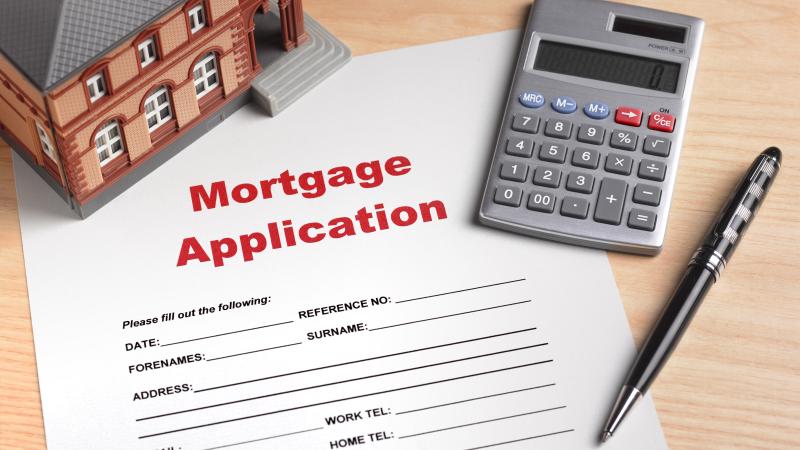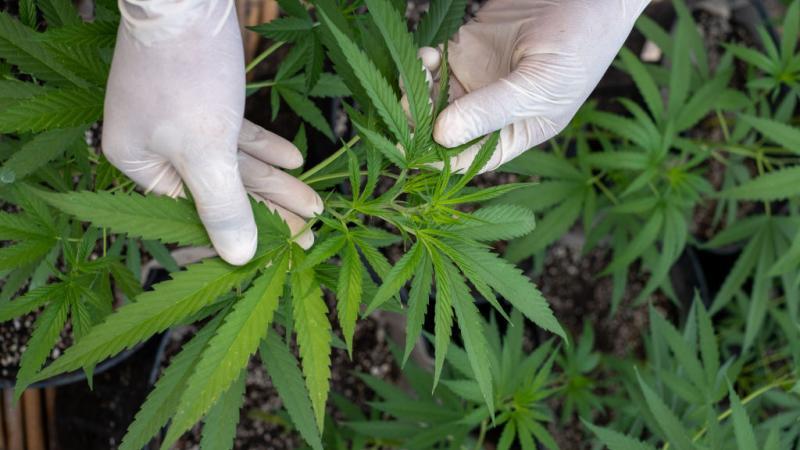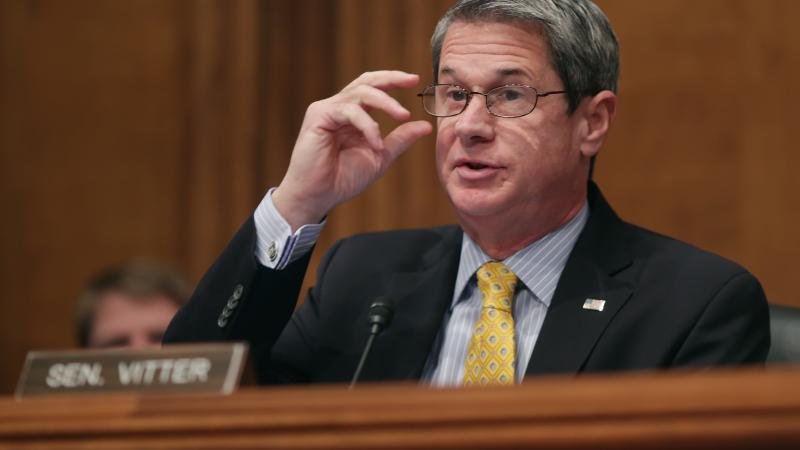White House opts out of FDA regulatory guidelines for vaccine approval process
Companies will be able to skip over several logistical hurdles as they apply for emergency approval.
The White House has overruled new guidelines from the Food and Drug Administration that would likely have prevented introducing potential coronavirus vaccines to the market, prior to the Nov. 3 election.
The main point of conflict between the agency and the White House was a stipulation that vaccine developers follow patients enrolled in their trial programs for at least two months to ensure there are no safety issues with their drugs before seeking emergency approval to bring them to market.
The guidelines the White House has blocked are nonbinding recommendations, frequently issued by the FDA to companies concerning the research regulations for the medical products they are developing. Cutting the standard regulatory guidelines will allow developers to bypass the thousands of pages of manufacturing documentation typically mandated for a vaccine application.
A senior administration official told the Associated Press that the White House believes there is "no clinical or medical reason" for the supplemental requirement.
President Trump, who returned to the White House on Monday evening after a hospital stay for the virus, has repeatedly said that a vaccine could be authorized before the Nov. 3 election. However, top government officials in various research, medical, and scientific positions contend that timeline is unlikely.
At present, Pfizer is the lone pharmaceutical company with a vaccine in development that has implied it could have data gathered on the safety and efficacy of its drug before the election. Moderna, AstraZeneca, and Johnson & Johnson, the companies also working on vaccines, are operating on longer development timelines.
Dr. Peter Marks, the head of the FDA's vaccine division, said an emergency authorization for a coronavirus vaccine could come "before the end of the year."
















